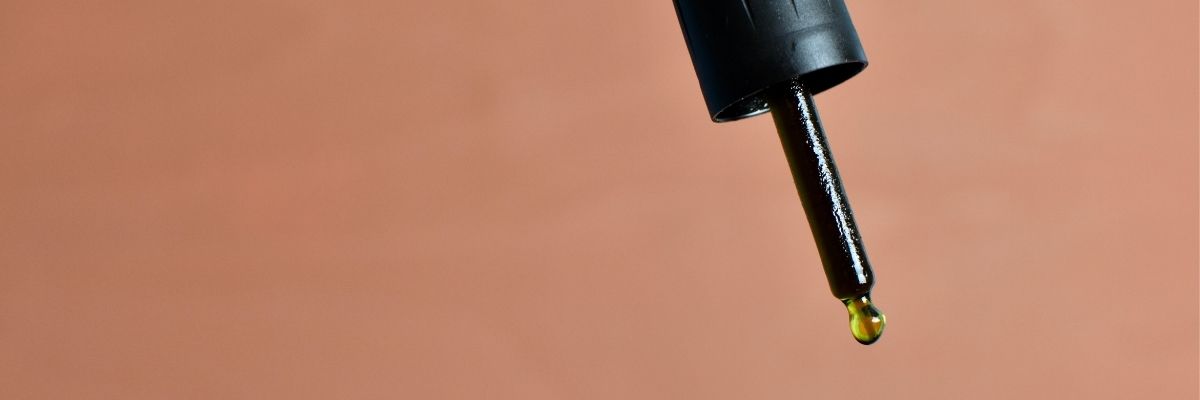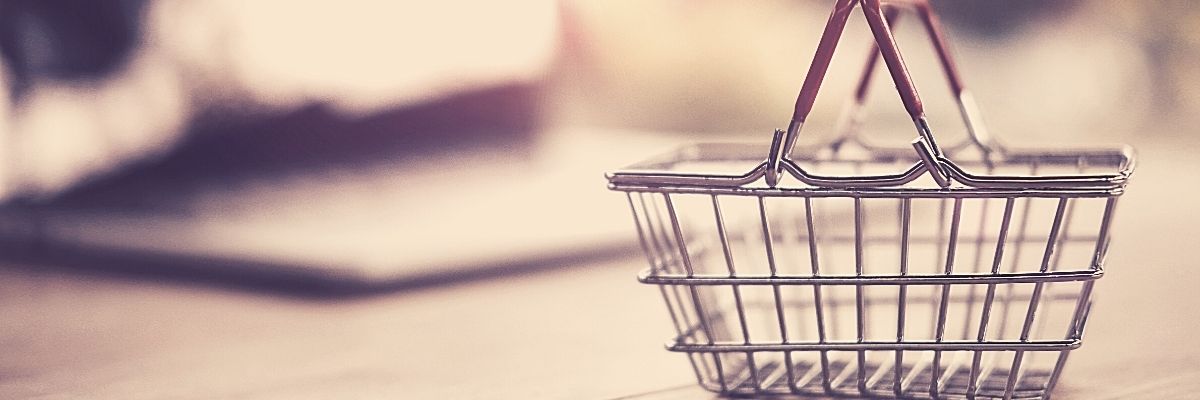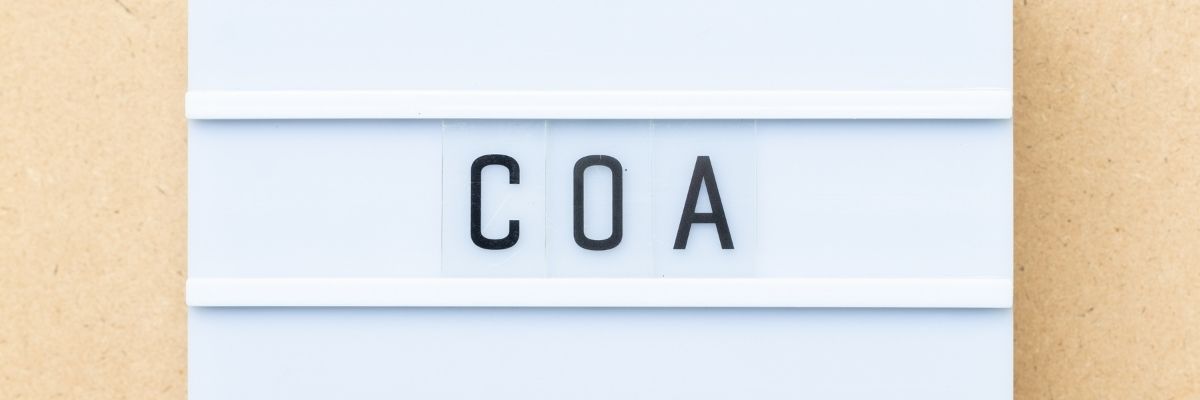
CBD oil is a very shelf-stable product, meaning that it stays fresh and safe to consume for a long time, often for between 12-24 months if kept in the right conditions. However, CBD oil will eventually go off so there are several things you can do to ensure the longest shelf life feasible when initially purchasing your CBD oil and deciding which brand to go with.
Before we discuss the expiry date of CBD, we first need to better understand CBD. What exactly is it? How and what is it made up of?
What is CBD oil?
CBD, short for cannabidiol, is a chemical compound from the Cannabis Sativa plant (the cannabis plant), CBD is one of over 100 identified cannabinoids in cannabis plants. Unlike tetrahydrocannabinol (THC, the primary psychoactive element in marijuana), CBD is non-psychoactive, meaning it doesn’t have a strong effect on cognitive brain activity and doesn’t cause the “high” associated with marijuana. Legally all consumable CBD products sold in the UK must contain less than 0.2% THC.
Depending on the product, some CBD oils may contain traces of carrier oils, terpenes and other natural cannabinoids found in CBD.
CBD comes in different forms. The most common of them all is the CBD oil tincture, an oily cannabidiol usually administered orally. Other forms include CBD gummies, CBD capsules, vaping products and skincare products and topicals that are designed to target isolated pain.
For the most part, studies show that CBD oil can have a calming effect on the body as it uses the endocannabinoid system to impact cannabinoid receptors CB1 and CB2. This might sound complicated, don’t panic….it just means that CBD oil could be used to help reduce important health issues such as chronic pain, stress, anxiety and sleep disorders.

Does CBD Oil Expire? 5 Things You Should Know
We have already discussed that CBD oil has, in general, a shelf life of around two years from production. However, what factors can affect this and what should you look out for when buying CBD products?
We have put together a top 5 list of things you should know that can relate to the expiration of CBD oil:
1. Trusted brands are often a good sign of quality and longevity
CBD oil is currently unregulated, which means there are numerous companies and websites selling potentially dodgy products. While some may try to just overcharge customers, others are selling poor quality and ineffective products which may have very little CBD in them at all resulting in very little shelf life. For this reason, it’s best to buy products that come recommended or that have excellent reviews. Do your homework on a brand before you make a purchase.
2. Be very careful where you buy CBD Oil
Low-grade CBD oil can contain harmful toxins along with who knows what else! Watch out for CBD oil sold on Amazon in particular. Reviews on Amazon are notoriously easy to fake so proceed with caution. A lot of brands will publish data such as their ‘trust pilot’ reviews or score. Transparency is always a good sign of a quality product.
3. Supercritical C02 Extractions offers the highest-level purity
Purity is another really important factor when it comes to the shelf life of CBD oil. A lot of CBD manufacturers are now using a process called supercritical C02 extraction. This method uses carbon dioxide to extract CBD in a cold environment and it helps to maintain the purity of CBD oil. This complex process also requires expensive equipment which is not always attainable or affordable for CBD companies.
While purity does not necessarily mean a product will last longer, it does mean the potency will last longer in general. As a result, we would recommend that ideally you always purchase from a company that has used Supercritical C02 Extractions as part of their manufacturing process. This process is a real selling point for a lot of customers so it will most likely be mentioned in the information describing the products online.

4. Longevity is not always a sign of premium quality CBD
At the same time, even if a product seems to last a long time, this does not necessarily confirm the safety or quality of a particular CBD oil. Due to the current lack of regulation, many manufacturers using questionable methods in their production processes, primarily in order to cut costs. For instance, some CBD oil products use cheap solvents such as propane or butane which are incredibly bad for your health.
These oils might last a long time, but they are not worth risking your health over. If a CBD brand is sighting a shelf life of over two years this could be a big red warning sign and to be steered well clear of.
5. Always check the Certificate of Analysis
We cannot stress enough how important it is to only purchase CBD oil from companies that provide third party lab tested results. Not only do these results prove that the THC levels are below the legal of 0.2% but they also prove that the oil is everything that it says it should be and is free from other impurities.
The most reputable brands will publish their COA (Certificate of Analysis) by batch as there may be numerous batches in circulation. Especially if different products have been made with different types of CBD (e.g., full spectrum, isolate and brad spectrum CBD) as this usually the case if a brand is offering CBD oils along with CBD skincare and topical products.
If a company is not willing to publish their COA or share it with you when requested we would recommend not buying their products, transparency is key in this industry.

Conclusion
Low quality products are not only unsafe but also unreliable in terms of how long you can expect your CBD to last. Whilst it may be a very stable product, CBD oil can only last for up to two years. It goes without saying, never use a CBD product that has passed its sell by date, purchasing a fresh bottle is always the best option.
We hope that our top 5 ‘quality control’ checklist will help you wade through the suspect CBD brands out there and ensure you find the best CBD product possible, with the longest and safest shelf life.
To have a look at our tried and tested favourite CBD products click here.
